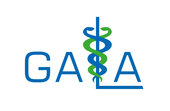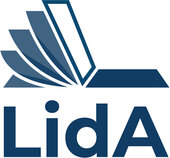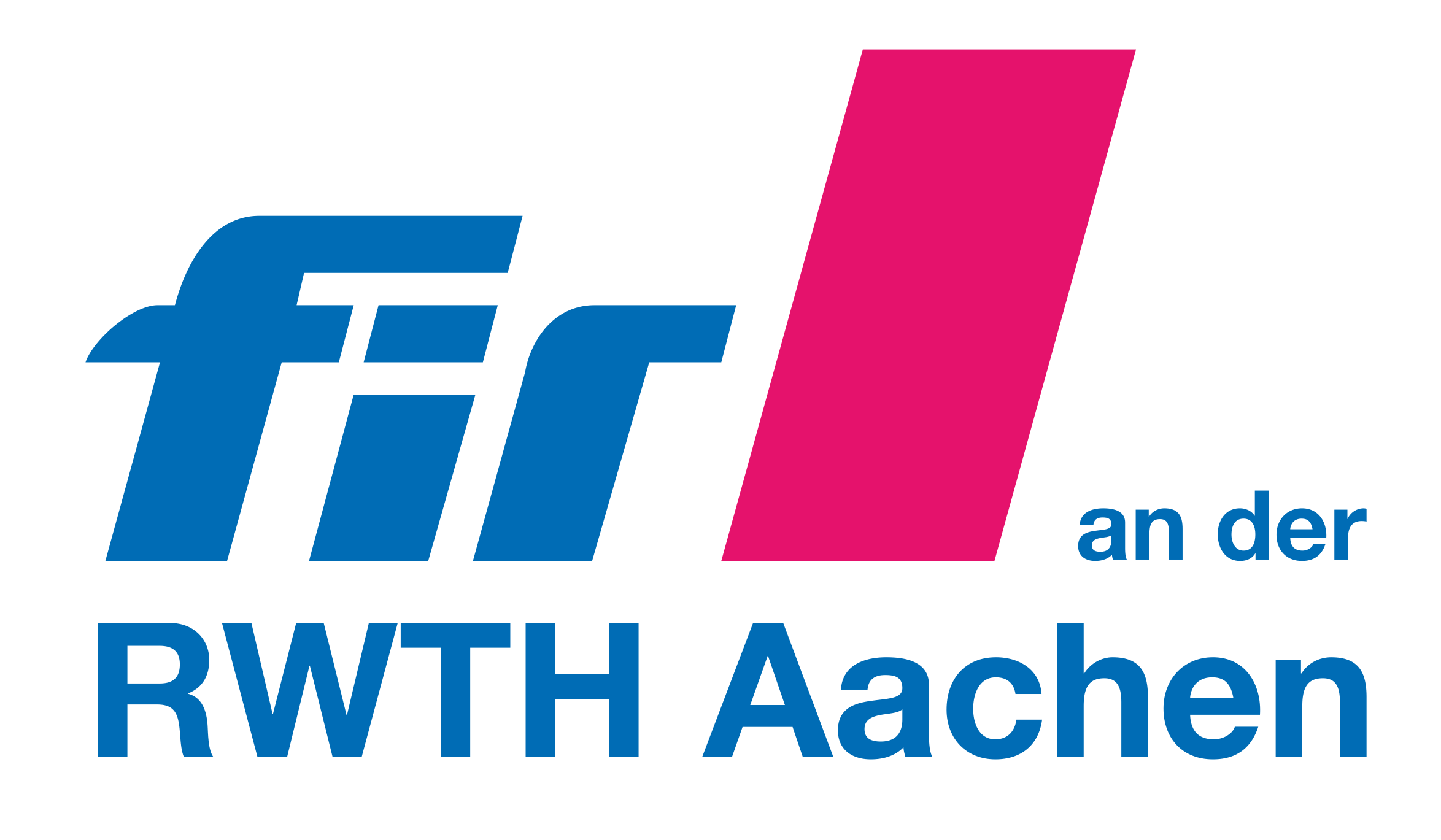Smart Mobility
Solutions for the Future of Mobility and Urban Living
Companies and municipalities are facing major challenges in terms of climate and society. Smart Mobility offers them an important opportunity to innovate and meet these challenges. As a competent and trusted partner, Smart Mobility accelerates innovations and develops forward-looking solutions for mobility and living and working in urban areas.
Cities are significantly responsible for global CO2 emissions, especially from road traffic, which accounts for about 20% of CO2 emissions. Switching to renewable energies and alternative fuels alone is not enough to achieve climate targets. That's why we need a new approach based on new forms of mobility and integrated development. This includes a decentralized energy supply, the design of buildings and digital infrastructures, and solutions for energy management. New work models such as Smart Work play an important role in reducing CO2 emissions by up to 10%. They are further driven by the expectations of future generations and the use of AI solutions.
The focus of Smart Mobility is to drive innovation in mobility and urban life through digital connectivity, the advancement of Digital Twin concepts, the use of AI, and the principles of the Circular Economy.
Smart Mobility works in the units „Smart Work“, „Smart Mobility Systems“ and „Smart Mobility Infrastructures“.
Topics and deliverables include the development of:
- Open source concepts
- Standards for lifecycle adaptation of products and solutions
- organizational models and solutions for Smart Work
- modern qualification concepts
- Mobility solutions and infrastructures for enterprises
- Models of the sharing economy
- Integration concepts for buildings and neighborhoods of the future
Overall, the Smart Mobility area offers companies and municipalities the opportunity to develop and implement innovative solutions for the future of mobility and urban living.
Contactperson

We shape innovations in the areas of mobility, work and infrastructures for the city of the future.
«Dr. Gerhard Gudergan
Extended Executive Board (Research Business Unit)Research Unit Smart Mobility (Head)
Associated research projects

VET4CHAINS
The aim of the 'VET4CHAINS' research project is to develop and implement a high-quality work-based learning (WBL) training solution aimed at supporting SMEs in the automotive industry in their transition to sustainable value chains.

pro-kom
The aim of the 'pro-kom' research project is to enable SMEs to identify competence deficits and future competence needs at an early stage and to close existing gaps. With the help of a competence forecasting tool, SMEs should thus be enabled to maintain their competitiveness in the current, continuously changing world of work.

AKzentE4.0
The aim of the research project “AKzentE4.0” is the humane introduction and implementation of Industry 4.0 concepts and technologies in small and medium-sized enterprises (SMEs) in the Aachen region. For the sustainable anchoring of results, a “Human Factors Competence Center for Employment in Industrie 4.0” is being established.

Y-Mas
The core objective of the joint project Y-Mas is to create a sustainable and comprehensive training program for Spanish-speaking Latin America in the field of industrial production management for skilled workers and middle and lower management in manufacturing companies. Y-Mas thus compensates for existing weaknesses in regional education and training on this topic and supplements these with content not yet available, for example, around the transformation to Industry 4.0.

LIMo
The LIMo research project aims to provide knowledge in a demand-oriented manner in the organization and implementation of in-company training. Moreover, it intends to create new learning arrangements that individually promote the learning process and the self-learning competence of the learner, as well as to integrate current mobile learning technologies into the individual's everyday working life.

GALA
GALA's goal is to develop industry-specific tools and models for work design and competence management, especially for SMEs in the Aachen region, and to disseminate them on a sustainable basis. The focus is on four defined key topics: Human-Machine Interaction, Healthy Working, Digital Collaboration, and Agility/Innovation. In order to sustainably anchor the results and make them available, a "Region Aachen Living Lab Initiative" (RALLI) is being established.

KI-LIAS
The aim of the research project KI-LIAS is to develop a procedure for acceptance-based application decision-making, development, introduction and use of AI applications in manufacturing companies that promote learning.

eLLa 4.0
The joint project eLLa 4.0 aims to support leaders at different hierarchical levels in their leadership tasks during digital transformation, and to enable them to design good work in the digitized world. For this purpose, qualification modules are developed for different target groups, summarized in a training offering and, furthermore, new learning worlds for leadership development are being tested.

LidA
The aim of the joint project LidA - Lernen in der digitisierten Arbeitswelt - is to enable employees for the working world of the future and the challenges of digital change in companies in the long term. Within the framework of the joint project, future competence requirements are forecast and prepared in a competence navigator in such a way that individual learning paths can be developed. The individual teaching and learning modules are embedded in a didactic concept tailored to needs and made available on a teaching and learning platform with broad impact.

E-Mas
The objective of the E-Mas joint project is to develop and export offerings for further education for and into the Mexican automotive industry. Mexican employees will be taught skills in the areas of workplace learning, productivity management, tool-and-die making and lean management. Thus, they will be prepared for industrial challenges due to digitisation. By achieving this, the project will support further growth of the Mexican automotive industry. In addition to that, service design for vocational education and training offerings for the export will be addressed and transferred into a digital planning tool.



